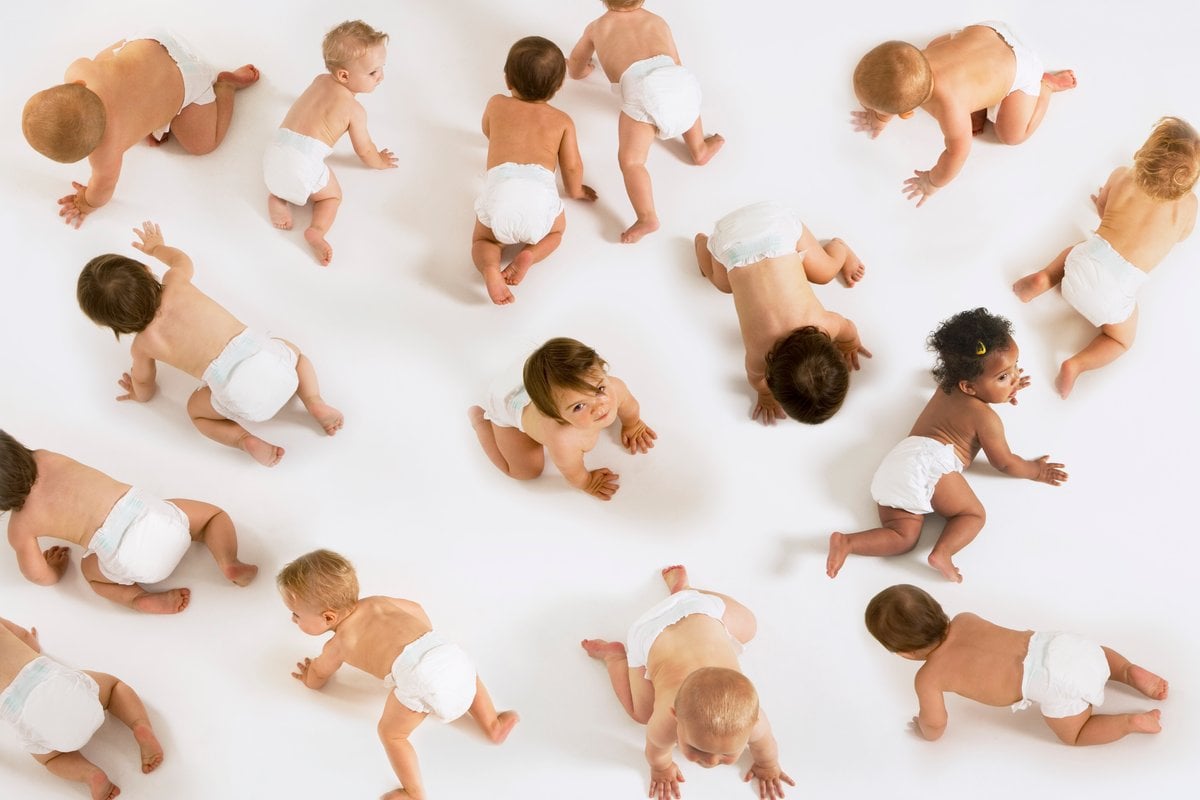
Emily has no intention of having kids because of the pressure that surrounds raising children.
"It's all way too out of hand," she explains. "Kids can’t be kids anymore and parents can’t raise their kids how they want to."
Charlotte, on the other hand, would like to have kids but can't afford them.
"My partner and I are in significant debt being exacerbated by how damned expensive everything is." These women are among a growing number who are deciding to not have babies.
Parenting dread is real. We only have to look as far as the lagging birth rate in Australia to see that women aren't exactly lining up to pump out the babies.
At 1.58 babies per woman on average it's well below replacement rate and a clear indicator that adults are choosing to have fewer children or none at all.
The home of the 'baby boom' now has one of the lowest birth rates in the world and it's happened in the space of two generations.
Before we delve into the factors that have made the prospect of having dependents so off putting, it's important to establish why low birth rates are ringing alarm bells for policy makers and demographers.
You might think lowering birth rates would be a positive thing given the world is already grossly overpopulated but it's a lot more complicated than that.
Watch: Questions about childbirth (answered by mums and non-mums). Post continues after video.




























































































